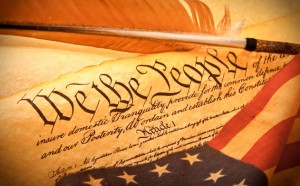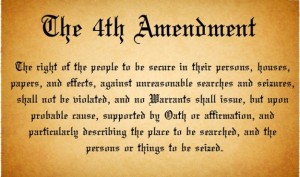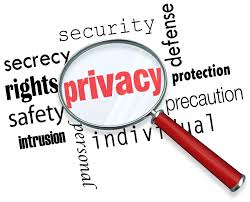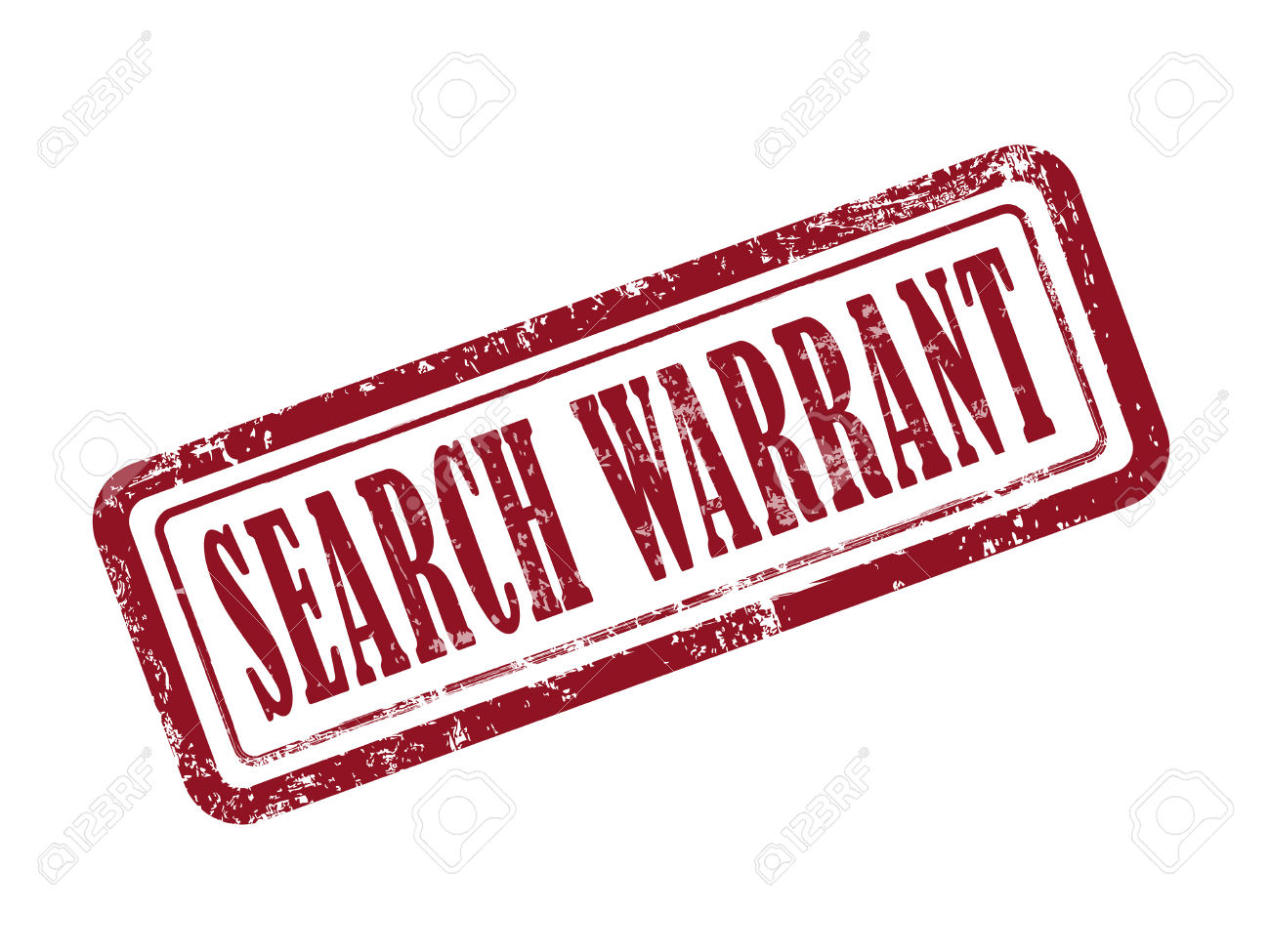The New York Court of Appeals Holds That a Search is Not a Search: Orwellian Principles + Unconstitutional Search = No Search
People v Bushey
2017 NY Slip Op 03560
New York Court of Appeals
May 4, 2017
Issue: Whether an officer’s retrieval of a defendant’s registration and license information through a license plate check, without suspicion of wrongdoing, constitutes a search under the Fourth Amendment.
Holding: The New York Court of Appeals held that an officer’s obtainment of license and registration information from a random license plate check is not a violation of an individual’s Fourth Amendment rights and does not constitute a search because the purpose of displaying an automobile license plate is so that the automobile can be readily identified by law enforcement and, therefore, there is no reasonable expectation of privacy.
Facts: On August 10, 2014, a police officer observed a vehicle operated by defendant drive past him. The officer testified that he did not observe any violations by the defendant, but ran a license plate check on the defendant’s automobile plate, regardless. The officer’s computer system was linked to the database of a Department of Motor Vehicles (DMV), which provided registration information and other alerts or suspicions.
After the defendant’s license plate ran through the system, the officer discovered that the defendant’s registration was suspended. In response, the officer pulled over the defendant, where he learned that the defendant’s license was also suspended. The defendant was arrested for driving while intoxicated.
A hearing was held, where the defendant’s motion to suppress evidence was granted after the defendant challenged the lawfulness of the stop. The People argued that there was no case law to support the defendant’s argument, and the appellate court reversed, determining that the plate check and stop were, in fact, lawful.
defendant’s motion to suppress evidence was granted after the defendant challenged the lawfulness of the stop. The People argued that there was no case law to support the defendant’s argument, and the appellate court reversed, determining that the plate check and stop were, in fact, lawful.
Analysis: The Court of Appeals first addressed whether a driver has a reasonable expectation of privacy of the information provided to the DMV regarding vehicle registration. The Court determined that drivers “have no expectation of privacy in the DMV database information associated with a license plate number. Pointing to Shuba v Greendonner, the Court noted that one of the main objectives of registering an automobile is to identify the owner. Shuba v Greendonner, 271 NY 189, 192 [1936]. That purpose is achieved when an officer is able to observe the plate number in view and access the vehicles DMV information.
Noting that the New York Court of Appeals has, until now, never determined whether a license plate check constitutes a search, the Court now holds that it does not. Every federal circuit has also held that a license plate check does not constitute a search under the Fourth Amendment. Because police officers are authorized to check for licensing and registration violations, “drivers cannot claim any objectively reasonable expectation of privacy” of DMV information obtained by police officers through license plate checks. Furthermore, the DMV information is obtained by an officer’s public observation of displayed license plates, so the use of relative information acquired from the displayed license plate does not violate Fourth Amendment rights.
The defendant also asserted that the traffic stop was unlawful. While the Court of Appeals recognizes that police officers may not stop an automobile arbitrarily, here the defendant’s freedom of movement was never stopped until after the officer ran his license plate. Since a valid reason for stopping the defendant was established after the officer conducted the defendant’s license plate check, the stop was legal.
